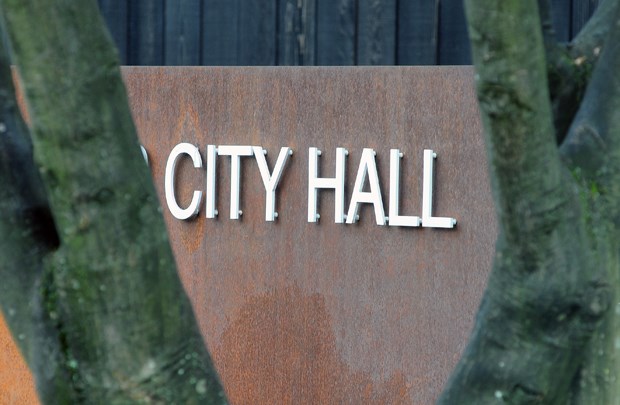Don’t expect to save on wine at the Save-On-Foods on Brooksbank Avenue, following the City of North Vancouver’s recent decision to deny the grocer’s request to sell B.C. reds and whites.
Council rebuffed Overwaitea’s application March 27 over concerns local businesses like the Gull Liquor Store were: “struggling against an absolutely irrational approach on the part of the provincial government,” according to Coun. Pam Bookham.
A release from the province cites “thousands of British Columbians” who favour more convenient access to B.C. wines.
Bookham also disputed the provincial government’s assertion that separating liquor stores by one kilometre will inconvenience consumers.
“I tend to think it’s probably about simply increasing availability of liquor to increase the overall sale of liquor from which they gain a significant bit of revenue,” she said.
Coun. Holly Back repudiated Bookham’s comments and ripped the one-kilometre rule.
“I don’t believe in protecting one business and not another,” she said. “I don’t see any problem with having wine in the grocery store.”
The grocery store’s plan was to sell 160 B.C. wines, similar to setups they’ve arranged at stores in Maple Ridge, White Rock, Kamloops, Prince George, and Parksville.
“They’re tastefully done,” Back said. “To have wine in the grocery store; I don’t think it’s going to promote any more alcoholism than not having it in the grocery store.”
Her opinion was disputed by Mark Lysyshyn, the North Shore and Sea-to-Sky medical health officer for Vancouver Coastal Health.
Selling alcohol at lower prices leads to increased consumption, creating “public health risks that are not present when alcohol is sold in liquor stores.”
Besides the “significant risk” of consumers buying alcohol instead of nutritious food, grocery stores are also able to promote alcohol to “vulnerable populations, including youth and people suffering from alcohol-related problems.”
It can also be more difficult for grocery stores to keep booze out of the hands of underage buyers.
“A study in Oregon found that underage-appearing youth were more likely to be able to purchase alcohol without an ID at grocery stores than at liquor stores,” Lysyshyn noted in a letter advising council to reject Overwaitea’s application.
City staff noted Liberty Wine operated in the neighbourhood for 28 years before exiting in 2016.
However, wine on the aisles at Save-on-Foods would hurt the Gull Liquor Store, according to manager Todd von Heintschel.
Large companies with “unrivaled advertising power” are moving into territory already served by smaller businesses, he told council.
“We as a small business operating under ever-changing rules have spent considerable time and money building up clientele.”
The province needs to send a representative to council to explain their plan to reinvent licensing fees, according to Coun. Craig Keating.
“There’s only a certain number of players who can be sustained in the industry and I don’t think this is a coherent approach to liquor policy,” he said.
Coun. Rod Clark concurred, suggesting there were already enough liquor outlets in the city and no particular advantage in “giving Jimmy Pattison another line to add to his quiver.”
Clark also sounded the alarm about another recreational drug.
“What is going to happen when marijuana is under the control of the provincial government?” he asked. “Are we going to see it at the 7/11 because this is what the provincial government wants?”
Despite protestations from a representative from Loblaws City Market, city council voted in favour of maintaining a one-kilometre radius between any outlet selling booze in September 2016.



